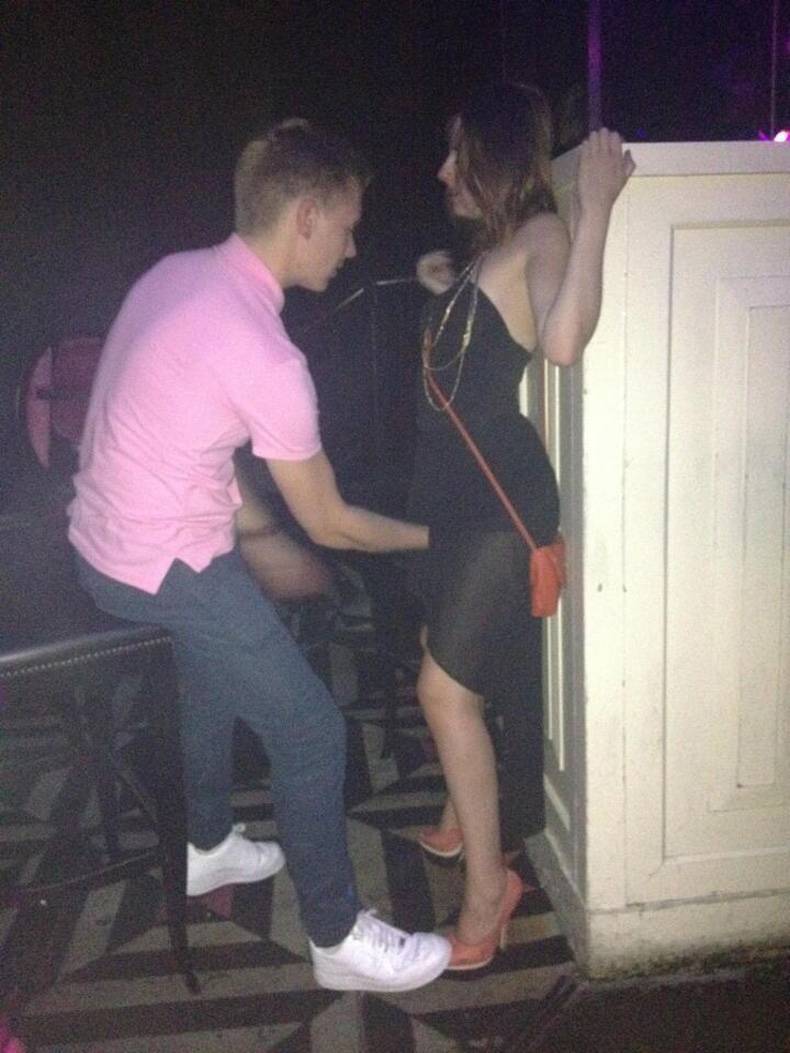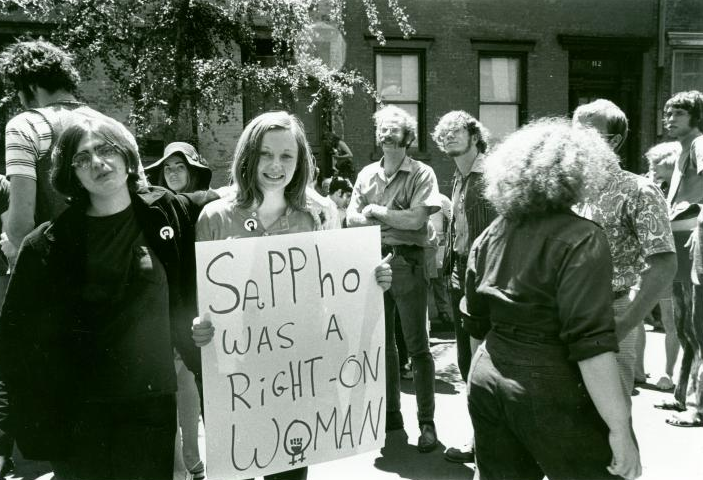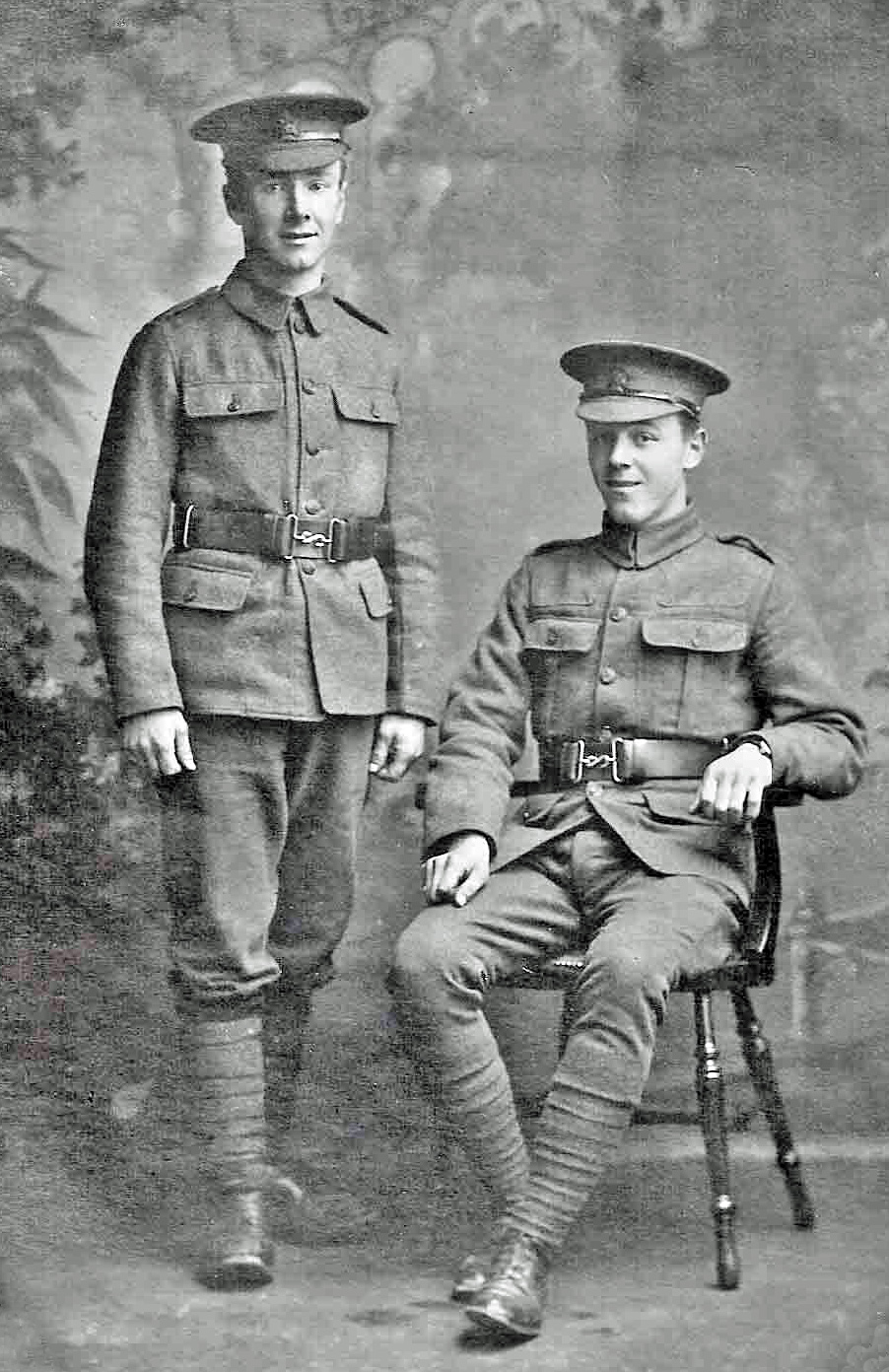

I get that it was published in the 80's, but I'm really amazed any women who felt so strongly about feminism were willing to get behind a man who thought "penis envy" was a plausible affliction. My only complaint was that I hated reading so many stupid references to Freud. It was funny to read in the introduction that they thought the second part of the book might be too optimistic and lighthearted compared to the first describing the history, because I think they would be amazed by the strides feminism and gay rights have taken! (I wrote that sentence before the Nov 8 election, but I still think the general statement holds true.) I loved this book! I loved reading about the major role lesbians played in the feminist movement. It invites them to "come out"-out of their closets, out of their unexamined prejudice and unresolved confusion-and live into the future with "an appreciation of both the differences and the common humanity" necessary for constructive change. Sappho Was a Right-on Woman speaks clearly, honestly, openly, to those women and men, homosexual and heterosexual, oppressing and oppressed, who are still living in the past.

Defying the present is still not easy, the authors say, but it is infinitely preferable to the self-degradation society has gone to such pains to teach the Lesbian. The second part of the book, "Living the Future," reflects profound change taking place within society, the women's movement, and most important, within Lesbians themselves-change that make it possible for them to stop making unnecessary apologies and start function as whole people. Temporary sanctuaries (bars, gay ghettos, vacation spots) and "bizarre" behavior are part of the past for some Lesbians, and still very much part of the present for many. The first part of Sappho Was a Right-on Woman, "What It Was Like," deals with the past: the guilt, the shame, the duplicity, that are part of living in a society that condemns Lesbians-when it cannot ignore them. This is the first account written by women-by Lesbians-about themselves and their struggle.įor Lesbians, as for most women today, the present is experience as a collision between the past and future. What has appeared in book for has been written by men. Very little has been written about Lesbianism. It is a change that is forcing people to reevaluate their attitudes and see the Lesbian in a new light.


The book you are holding is making history.Ī radical change in a little-understood part of society has made this book possible.


 0 kommentar(er)
0 kommentar(er)
